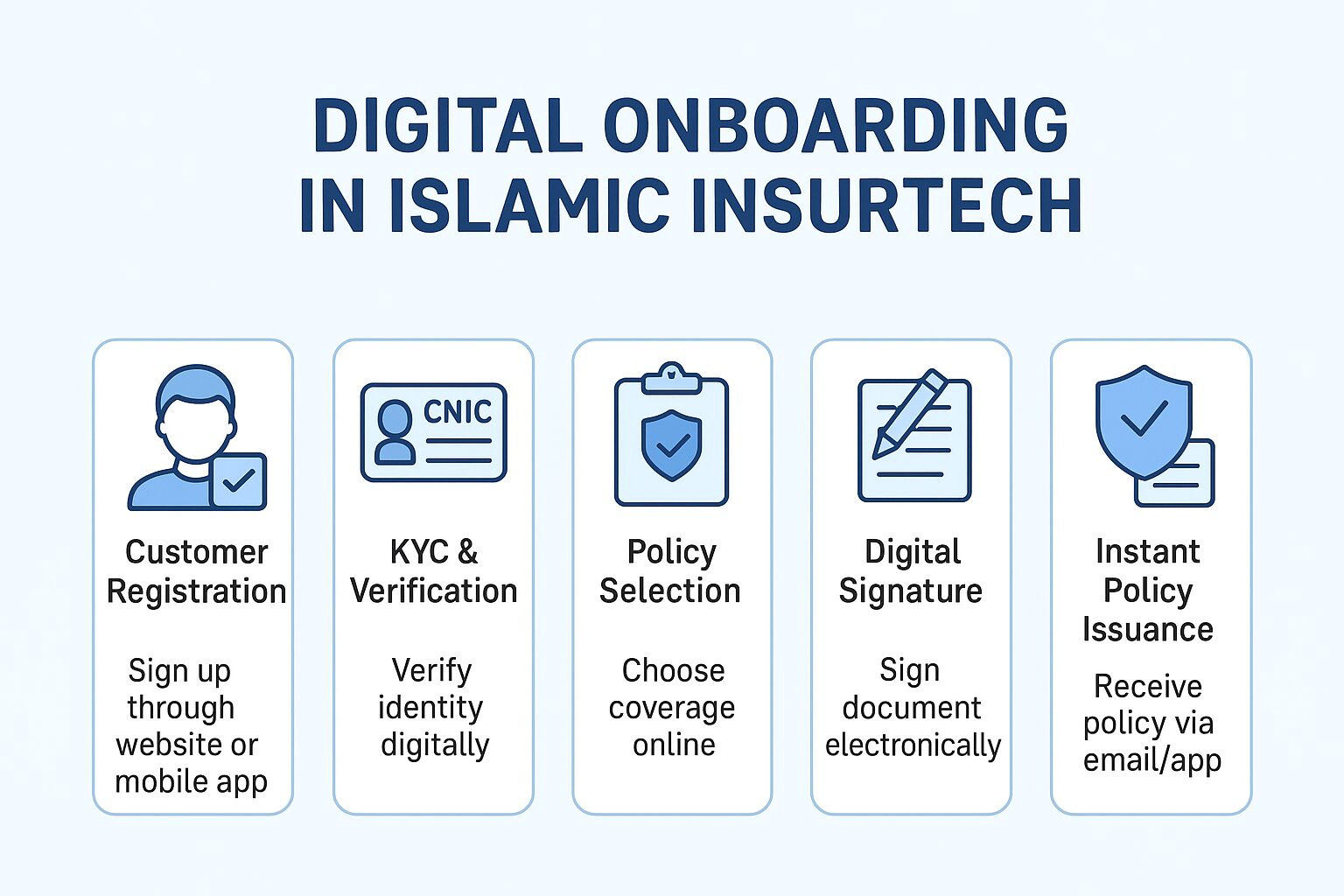Blockchain Technology in Bangladesh:
Blockchain Technology is in its infancy in Bangladesh. A short timeline have been discussed in this article.
2016: The Central Bank of Bangladesh announced that cryptocurrencies were illegal due to money laundering and terrorist financing.
2018: The Bangladesh Association of Software and Information Services plans to launch a blockchain-based platform to bring transparency to the country’s systems.
2019: The Government of Bangladesh formed a committee for addressing challenges in the adoption of blockchain technology in various fields like financial inclusion, supply chain management, and e-governance.
2020: The Bangladesh Garment Manufacturers and Exporters Association collaborated with blockchain startups to make a blockchain-based platform to bring transparency and traceability to the garment industry.
2021: Bangladesh Bank declared cryptocurrencies illegal by giving notice to all licensed financial institutions to stop crypto-based transactions.
There are many benefits to blockchain technology in Bangladesh. There are many challenges to its adoption: regulatory uncertainty, a lack of technical expertise, and limited access to funding. Blockchain technology is in initial stages in Bangladesh especially in insurance.
Blockchain Technology in Bangladesh Insurance since 2018
A short timeline regarding the adoption of blockchain in Bangladesh insurance have been discussed briefly:
2018:The Bangladesh Insurance Association planned to identify the role of blockchain in bringing efficiency to the following insurance operations: underwriting, claim processing, and fraud prevention.
2020: Many insurance organizations collaborated with blockchain-based insurtech startups for making an insurance-based smart contract to automate claim administration and fraud detection.
2021: The Bangladesh Bank issued a warning to all financial institutions, including insurance, for transactions in cryptocurrencies.
There are the following benefits of blockchain-based insurance products and services: quick claim processing, minimized fraud, and improved customer experience. There are also the following challenges: regulatory compliance, interoperability, and standardization. Regulatory frameworks have been established with the maturity of technologies.







One Response
Informative Article
Keep it up!